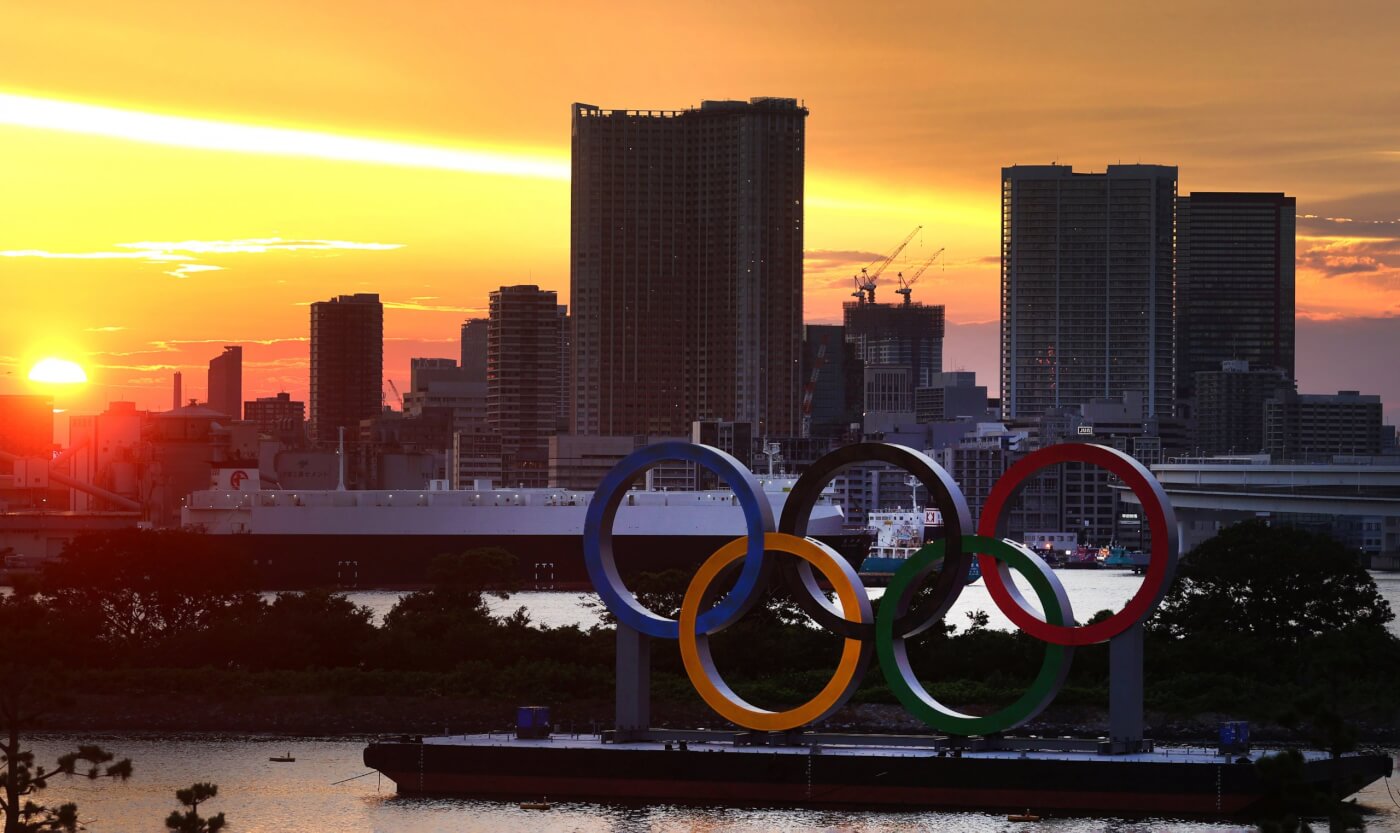With the Tokyo Olympics starting on 23 July, and the Beijing Winter Olympics taking place a mere year after, several athletes and organisations have come forward with human rights concerns relating to the international sporting competition.
Iranian athletes defecting
Several Iranian athletes have called on the Olympic organisers to investigate Iran on abuse allegations. Many have faced threats and discrimination such as arbitrary travel bans, state surveillance, and career obstruction, and as a result have had to flee abroad to avoid prosecution. Much of the outrage was sparked by the execution of Iranian wrestler Navid Afkari in September 2020 who received the death penalty after being convicted of the murder of a security guard in 2018. Afkari stated that he had been tortured into making the confession and his unjust execution led to the creation of ‘United for Navid’.
This campaign has been outspoken in its demands to ban Iran from international sporting events, including the Tokyo Olympics, and has urged the International Olympic Committee (IOC) to investigate 20 cases of athlete abuse in Iran. In the three letters that have been sent to the IOC, ‘United for Navid’ states that in several cases Iran has breached the Olympic Charter which requires organisers to “take action against any form of discrimination and violence in sport”.
Among the defecting athletes is Kimia Alizadeh, Iran’s only female Olympic medallist who won bronze in Taekwondo at the 2016 Rio Olympics. In an Instagram post,
Alizadeh stated that she will no longer be part of Iran’s “hypocrisy, lies, injustice and flattery” and that she was “one of the millions of oppressed women in Iran”.
Shohreh Bayat, international chess referee, and Mitra Hejazipour, prominent Iranian chess player, have both been banned from competing in international competitions for removing their hijab. This is against Iran’s compulsory dress code for women and one of the many reasons why women struggle to compete in Iranian sporting competitions. Similarly, Soheila Farahani, successful volleyball player and first Iranian international female volleyball referee, was removed from the list of Iranian international volleyball referees for also not wearing the hijab.
Another criticism of Iran’s approach to international sporting competition is its blanket ban on Iranian athletes competing against Israeli opposition. Since Iran does not recognise the state of Israel, athletes have been forced to deliberately lose if winning would result in having to compete against an Israeli athlete.
Alireza Karimi-Machiani, Iranian wrestler, and his coach Hamidreza Jamshidi were both temporarily banned from competing for purposefully losing in order not to have to face Israeli competition. As a result, the head of the Iranian Wrestling Federation resigned, commenting “forcing an athlete to accept defeat or run around all night looking for a doctor’s note is not right”.
Similarly, Saeid Mollaei, 2018 Judo world champion, was told to lose his match in order to avoid competing against an Israeli opponent. However, Mollaei refused and moved to Europe to avoid Iranian prosecution. As a result, Iran was banned by the International Judo Federation from all its competitions.
Tokyo Olympics and pandemic concerns
With merely days until the 23 July opening ceremony for the Olympics and Tokyo currently going through its third COVID-19 emergency, several athletes and companies have expressed concern about participating in the international sporting event. Despite North Korea already being the first country to publicly skip the event, the Olympic organisers have stated that cancelling the Olympics or postponing them for another year is not a consideration.
Naomi Osaka and Kei Nishikori, prominent Japanese tennis players, have both expressed their concern about the impacts a large-scale event such as the Olympics could have on Japan’s health crisis since the vast majority of its citizens have not been vaccinated. However, despite their concerns, they have not withdrawn from the competition. Similarly, acclaimed tennis stars Serena Williams and Rafael Nadal are undecided about their participation in the event.
Among those that have decided to not take part in the Tokyo Olympics are Dustin Johnson, Adam Scott, and Danny Lee, all prominent golf champions. Furthermore, dozens of the 528 registered Japanese host towns have stated that they will not be taking in Olympic athletes and support staff in order to reduce the COVID-19 impacts.
Beijing Olympics and human rights concerns
Major concerns have also been expressed about the upcoming 2022 Winter Olympics in Beijing. Global human rights groups have called out China’s mass violations of human rights including the current genocide of Uyghurs in Xinyang. Critics have stated that hosting the Olympics is an attempt by the Chinese government to distract from its human rights abuses through the publicity created by international sporting events.
On Olympic Day, 23 June 2021, several Uyghur, Hongkonger, Chinese, Taiwanese, Tibetan, and Southern Mongolian representatives staged global protests in 50 different major cities, calling for a boycott of the Beijing Olympics. Yet while the European Parliament voted in favour of a diplomatic boycott in July 2021, the Chinese state-run outlet Global Times stated that the Chinese government would “seriously sanction any country that follows a boycott.”

